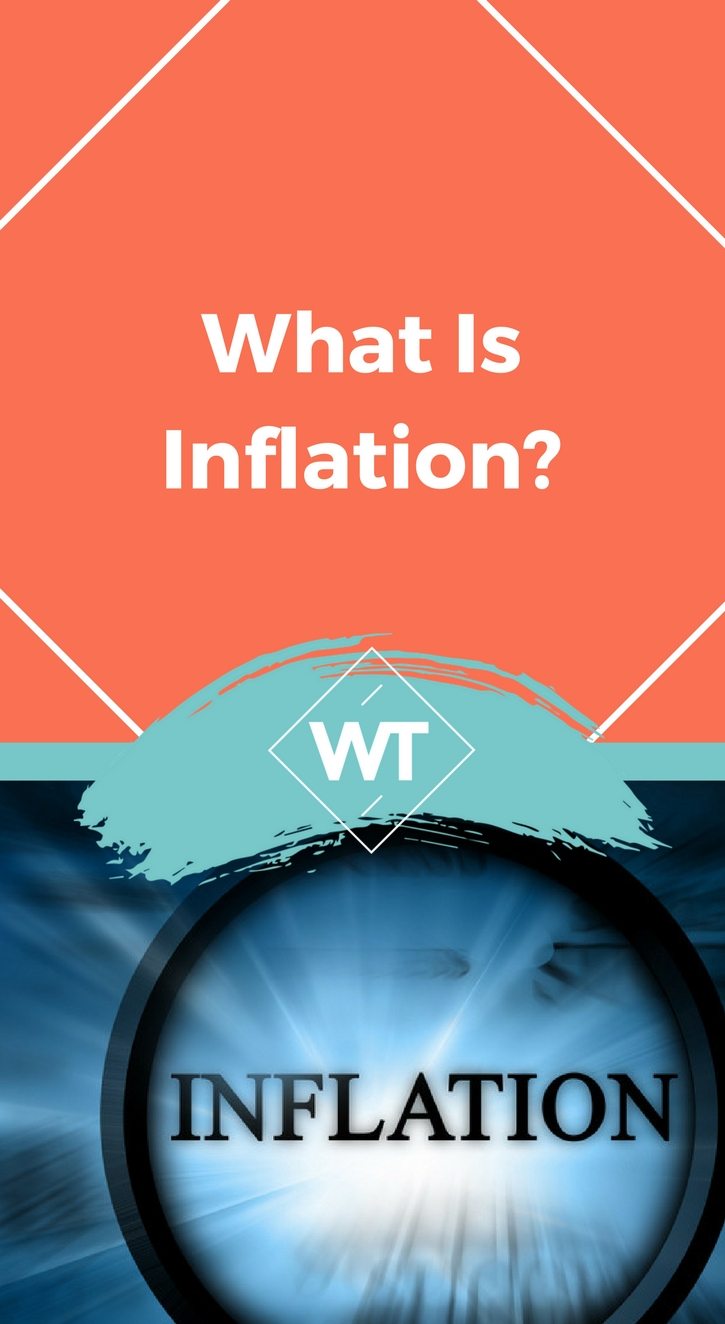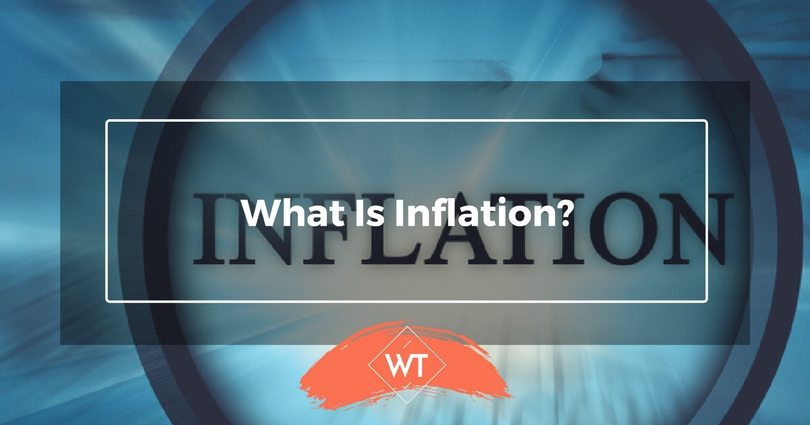What is Inflation?

Inflation means general level of price rise in goods and services produced in the economy. Let’s understand this with the help of an example. Let’s assume $ 500 fetches you 1 gram of gold. Suppose there is a shortfall in the global supply of gold. The obvious implication is that gold prices will rise to adjust for the sustained demand at lower supply. This may sound complicated but it’s a thumb rule of demand-supply.
High demand combined with limited supply leads to higher prices in order to adjust the demand because supply is lesser. Let’s say gold prices rise by 10%. Now the revised rate of 1 gram of gold will be $ 550. However, in real terms (i.e. in terms of the commodity) the value of the dollar would have declined from 1 gram of gold for $ 500 to only 0.91 gram of gold for $ 500.
So the value of the dollar has been eroded . In other words, the same quantum of money now fetches you fewer goods.
Why is it so important for you and me?
Inflation affects everybody who is consumer in the economy. It essentially means that given your income you are paying more than what you had paid yesterday.Inflation is the measurement of price rise in goods and services which is done relative to last month or last year. In other words, inflation is measurement of inflation rate.
Let us make it more understandable. Whenever you see in your daily newspaper or in media that inflation is 3% or 3.5% mom (month on month) it essentially means that price of goods or services as a whole depending on their weightage in your economy rose 3% or 3.5% more than what it was last month. So you have to pay 103 or 103.5 per unit of milk (assume) instead of $100 you paid last month.
Reasons for Inflation
It is out of scope to discuss the details of the reasons of the inflation here but we will touch upon very briefly about the causes which are the culprit behind it. There are mainly three broad reasons of inflation in the economy.
Demand-pull Inflation: As the name suggests this is driven by demand because consumers are demanding more. As may be the case with most emerging economies like India, Indonesia. These countries are experiencing sustained economic development. Purchasing power of these emerging economy is increasing hence demand is increasing in proportion to the growth of the economy.
Cost push inflation: is also known as supply shock inflation, is caused by a drop in aggregate supply or total supply. For example what will happen if your petrol pump refused to pump in gasoline because there is problem with say Russia or Middle East? This will scramble people to buy gasoline even at elevated price level and hence gives rise to inflation.
Built-in inflation: It involves workers trying to keep their wages up with prices (above the rate of inflation), and firms passing these higher labor costs on to their customers as higher prices, leading to a vicious circle of price rise of goods and services.
What are the effects of Inflation on the economy as a whole?
Positive impact on the economy
Central Banks are not totally averse to moderate inflation as this is the positive sign for the economy. A moderate level of inflation tends to ensure that nominal interest rates stay sufficiently above zero so that if the need arises the bank can cut the nominal interest rate.
Negative impact on the economy
1. Hoarding
People lose faith in their currency and they start replacing it with commodity (Like Gold, Silver), creating artificial shortage of the commodity in the economy. Historically, gold has been viewed as natural hedge to the deflating currency. Read all about gold as an investment at our blog How to invest in gold
2. Social unrest and revolts
High inflation can lead to social unrest as people assume government is not able to provide its basic duties. It has been happened in past in Tunisia and Egypt.
3. Loses buying power of currency
Currency loses buying power as the inflation keeps on rising. So effectively if your income is same and inflation is rising you are becoming poorer. Let us dig deeper.
Example: Suppose you are saving money for your retirement and you are 30 years old. You assume that $2500 will be enough per month for you after you hit 60 years. Now assume inflation rate of 3% sustains over next 30 years. So $1 now will be equivalent to $ 2.427 after 30 years as both have same purchasing power.
So if you think you just need $2500 after 30 years, then you actually need 2500*2.427= $ 6068.156 after 30 years.
This essentially means one would have to save and invest more now in order to meet the requirements of retirement or tomorrow.
Read more on retirement in our blog – How to do retirement planning and why retirement Planning is important
Conclusion
Every financial planning should be done keeping an eye on inflation. It may be education planning for kids, health insurance for your old age or anything which assumes certain sum of money in the future.









Leave a Reply